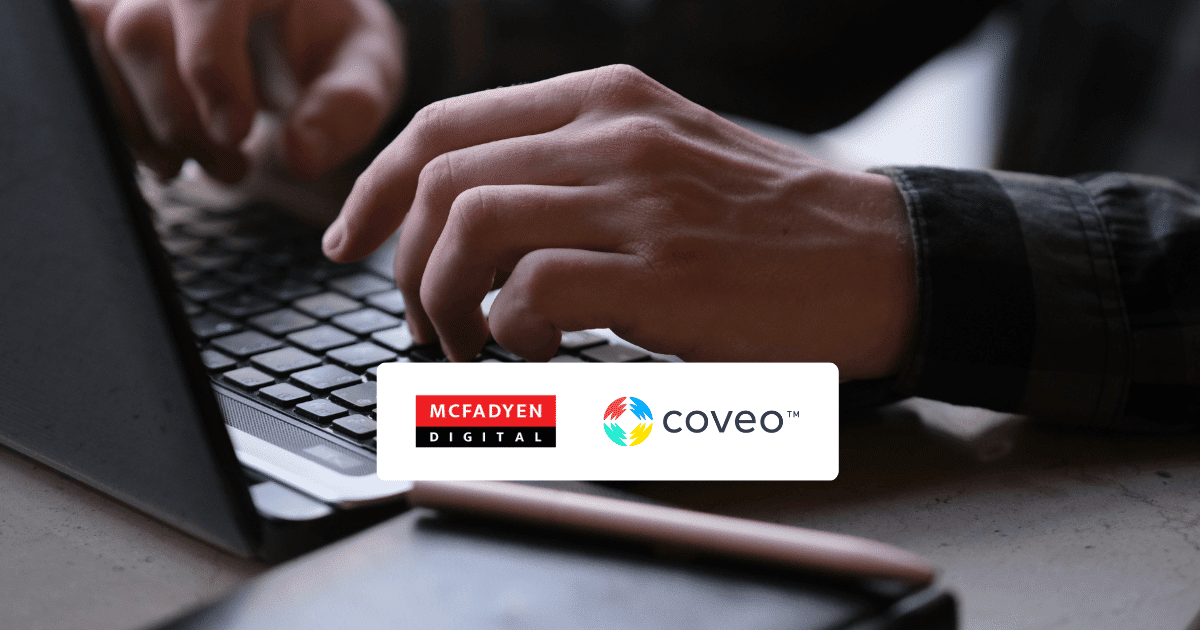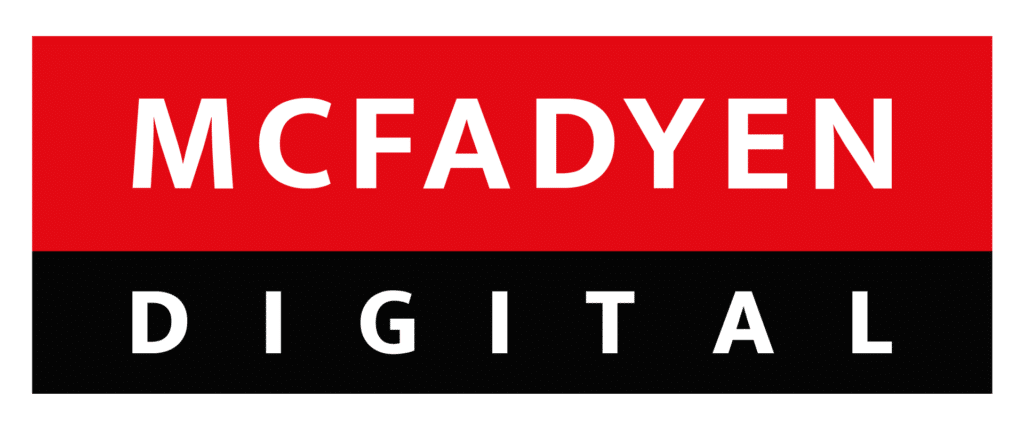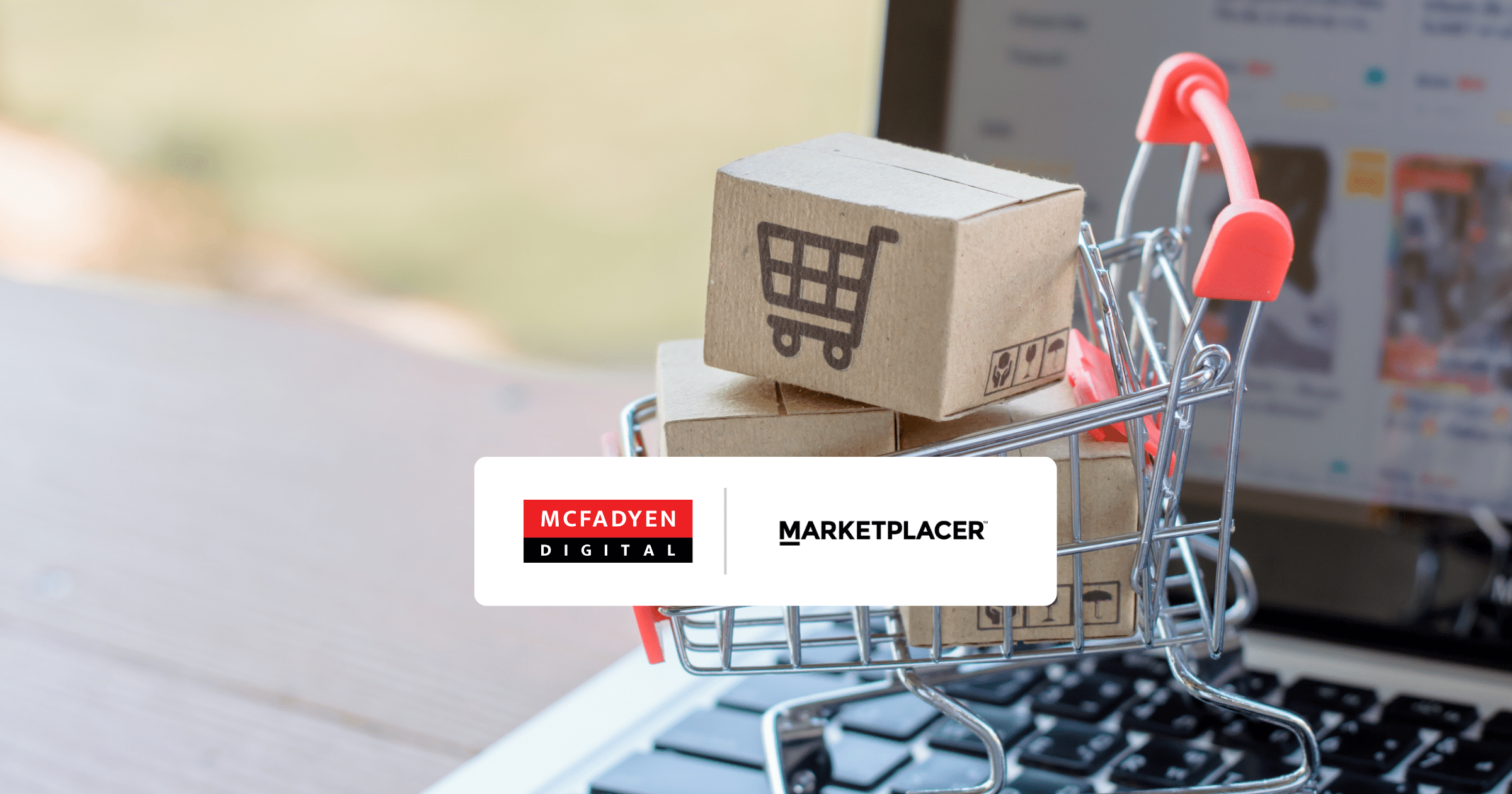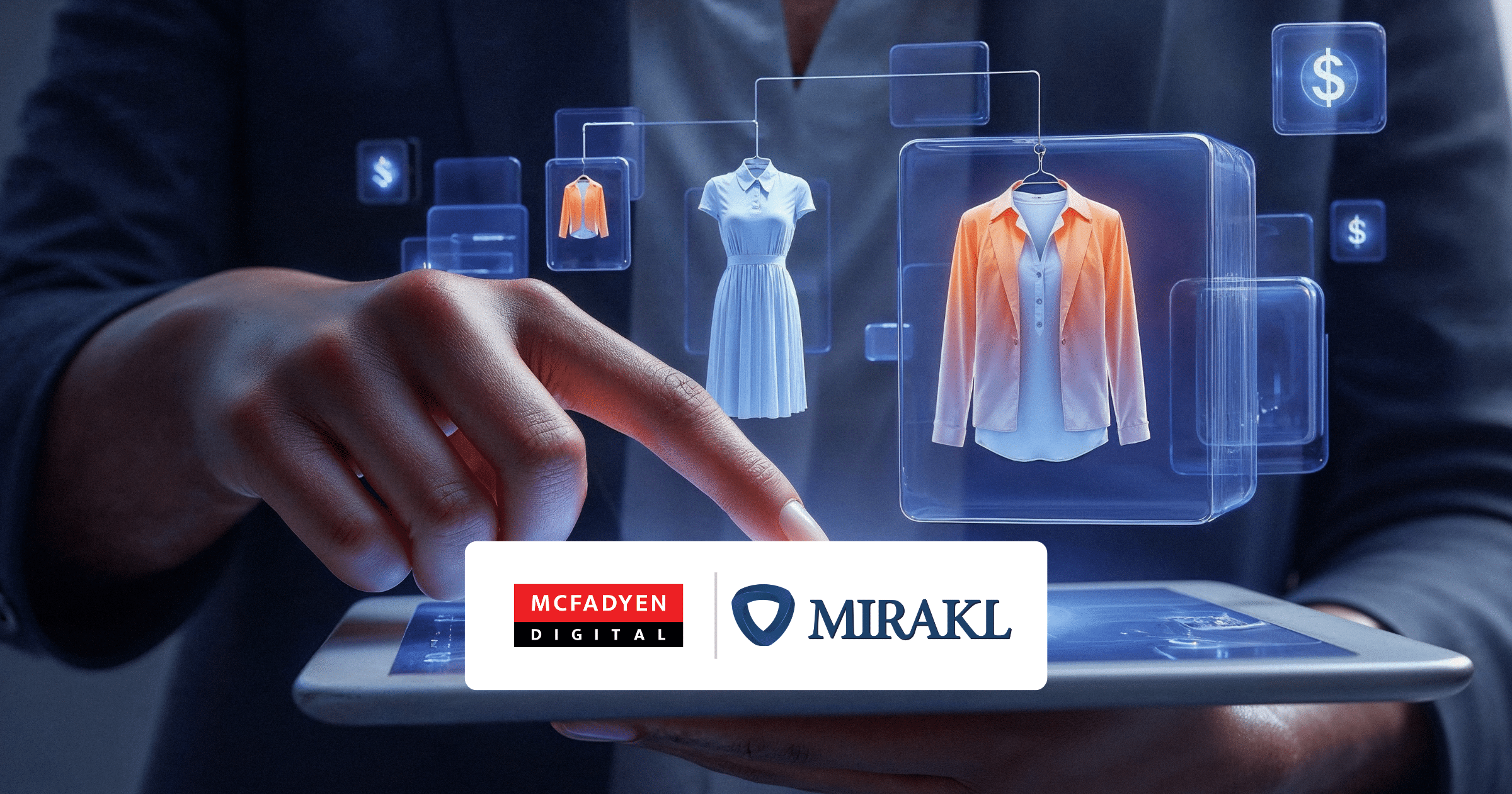
When B2B ecommerce leaders talk about digital transformation, the conversation often centers on big systems — ecommerce platforms, CRMs, ERP integrations. But the experience buyers care about most often hinges on something far more tactical: search and discovery.
B2B buyers typically start with a need. And when that need leads them to your website or portal, their first action isn’t to browse — it’s to search. Search isn’t a secondary feature in B2B. It’s the entry point. It’s the engine behind product discovery, specification lookup, technical validation, and reordering. It defines whether a customer gets what they need or gives up.
Search Shapes Every Buyer Interaction
B2B buyers come with intent. They aren’t casually exploring categories. They’re sourcing parts for production lines, validating safety specs for field operations, or trying to find an exact replacement for a discontinued product. Whether it’s a procurement specialist with a PO to complete or a sales rep in the field looking to fulfill a client request, every user expects the same thing: immediate, relevant results.
When search performs, those needs are met in seconds. When it fails, the ripple effect is expensive.
Customers don’t wait, they escalate, call reps, open tickets, or abandon carts. This drives up your cost to serve and undercuts the value of your digital investments. For companies trying to drive digital adoption and reduce friction, bad search cancels out progress in other areas.
And unlike in B2C, B2B buyers can’t simply switch tabs and Google their way to the right product. If your site is gated behind a login, your search experience is the only path forward. If it blocks them, they stop. If it helps them, they buy.
The Challenges That Make Search a Strategic Priority
If the case for search is so strong, why isn’t every B2B company already excelling at it? Because B2B search is uniquely complex and must reflect the business relationships behind it. Here are six core challenges that make B2B search more difficult.
- Customer-specific pricing & catalogs
Different buyers see different prices and products based on contracts and entitlements. Search must reflect those nuances in real time — or risk showing the wrong items (or worse, “call for pricing”). - Availability & fulfillment complexity
Today’s buyers expect to filter by what’s available now, what can be delivered next week, or what’s eligible for local pickup. Search has to integrate real-time inventory and logistics. - Configurable & technical products
B2B items are rarely “one-size-fits-all.” Search needs to help buyers navigate complex variants — without overwhelming them with too many options upfront. - Account-level buying
In B2C, the customer is an individual. In B2B, the “customer” is an organization — with multiple decision-makers, from procurement to engineers, all needing a cohesive, relevant experience. - Long-tail catalogs: Many B2B companies manage millions of SKUs. The deeper the catalog, the more important it becomes to surface niche products intelligently.
- Manual rule maintenance: Merchandising teams often spend hours building ranking rules or visibility logic. As catalogs and customer needs grow, this manual effort becomes unsustainable.
Each of these challenges adds friction. Together, they form a wall between what customers need and what they can actually find — especially when search relies on static rules or outdated keyword logic. It’s no surprise that 43% of B2B executives named “site search and recommendations” as their top technology investment priority, according to the 2025 Master B2B State of Ecommerce Report — ranking it above even ecommerce platforms and ERP integrations.
The message is clear: product findability has become the most urgent battleground in digital commerce. These aren’t issues that can be fixed with simple tweaks. They require a strategic, AI-driven approach designed to handle complexity at scale.
What AI-Search Delivers
AI search isn’t just a replacement for keyword matching. It rewires the entire discovery process to respond to behavior, context, and real-world business logic.
- Intent understanding: AI recognizes what users are really trying to do — not just what they typed. It interprets misspelled SKUs, understands partial queries, and adapts in real time.
- Personalized results: Logged-in buyers see rankings, products, and filters tailored to their account history, contract, and preferences. This speeds up repeat ordering and improves relevance.
- Dynamic recommendations: Based on behavioral signals and segment data, AI suggests accessories, substitutes, and complementary products to grow average order value.
- Natural language support: With Generative AI, buyers can ask questions like “Which gloves meet ANSI cut level 4?” and receive answers backed by product data and documentation.
- Zero result mitigation: AI learns from failed queries and continuously optimizes suggestions, filters, and fallback options to keep buyers from reaching dead ends.
This intelligence doesn’t just improve the experience. It replaces guesswork with confidence — both for the buyer and for the business managing the catalog.
When Better Search Means Better Business
When search performs, everyone benefits — not just the customer, but the company behind the screen.
Let’s break it down:
What Buyers Get
- Speed: Products, specs, and documentation surface instantly — even for partial SKUs, replacement parts, or compliance-filtered options.
- Self-Sufficiency: No more bouncing between tabs or waiting for a rep. Reordering and research happen on their terms, not yours.
- Confidence: Accurate pricing, in-stock visibility, and personalized results reinforce that they’re in the right place, every time.
- Time Back: They’re not just completing tasks faster — they’re moving on to the next job without friction.
What the Business Saves (and Gains)
- Fewer Touchpoints: When customers self-serve successfully, service tickets drop and rep workloads shrink.
- Sales Reps Sell More: Less time quoting replacements or rekeying orders = more time nurturing strategic accounts and upsell opportunities.
- Lower Cost to Serve: Fewer calls, fewer errors, less back-and-forth. Operational efficiency improves with every successful search.
- Smarter Merchandising: AI handles re-ranking, not rule-builders. Teams focus on performance — not maintenance.
Real Results, Real Companies
Over the past few years, Coveo has helped some of the world’s most complex B2B enterprises transform search into a growth engine.
- FleetPride, the largest distributor of truck and trailer parts in the U.S., saw a lift in online conversion with search of 9.6%.
- Blackwoods, Australia’s largest industrial and safety supplier, made 350,000+ SKUs easier to find — resulting in a 66% increase in digital adoption and 45% improvement in net promoter score.
- Boston Scientific, a global leader in medical devices, Coveo enabled physicians and procurement teams to self-serve with speed and confidence, improving search conversion rates by 16%, driving digital adoption and delivering a 16% lift in incremental revenue across all channels.
These outcomes came from rethinking how buyers discover products, validate information, and make decisions across every touchpoint. Coveo’s AI-powered discovery platform has become the connective layer that helps businesses scale their experience, without scaling cost.
Conclusion: Search Is Your B2B Growth Strategy
Search is the front door to your digital business. It’s where buyers make their first impression, where they test your readiness, and where they decide if doing business with you is worth their time.
Fix search, and you improve everything: the buyer experience, your internal efficiency, your bottom line. Wait too long, and even the best product or platform investment won’t matter — because your customers won’t find what they need to begin with.
The complexity of B2B will only increase. The companies who solve search first will be the ones who scale smart, grow efficiently, and deliver the kind of buying experience that customers now expect — and demand.
That’s why McFadyen Digital and Coveo have partnered — combining McFadyen’s commerce expertise with Coveo’s AI-powered search to help B2B enterprises solve complexity at scale. Together, we enable companies to deliver relevant, seamless experiences that drive adoption, loyalty, and growth.
Related Articles
Turn Insight Into Impact.
Start Today.




